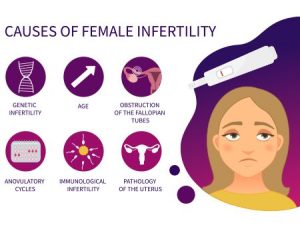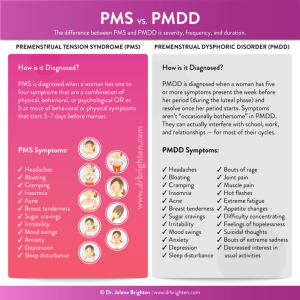The role of vitamin D in women’s reproductive health

Vitamin D, also known as the sunshine vitamin, plays a crucial role in maintaining women’s reproductive health. It is a fat-soluble vitamin that is primarily synthesized in the skin when exposed to sunlight. Moreover, it can also be obtained from certain foods and supplements. In recent years, studies have highlighted the importance of vitamin D in various physiological functions, including women’s reproductive health.
Vitamin D and Hormonal Balance
Vitamin D is essential for hormonal balance in women. It regulates the production and release of hormones such as estrogen and progesterone, which are crucial for reproductive health. Adequate levels of vitamin D help support regular menstrual cycles and may reduce the risk of hormone-related conditions such as polycystic ovary syndrome (PCOS) and endometriosis.
Vitamin D and Fertility
Research suggests that vitamin D also plays a significant role in fertility. Low levels of vitamin D have been associated with reduced fertility and increased risk of infertility. Vitamin D receptors are found in the reproductive organs and cells, indicating its importance in reproductive function. It is believed that vitamin D contributes to follicle development, ovulation, and implantation of fertilized eggs. Maintaining optimal vitamin D levels can improve fertility outcomes in women planning to conceive.
Vitamin D and Pregnancy
Vitamin D is crucial during pregnancy as it supports various aspects of fetal development. Sufficient levels of vitamin D are associated with a reduced risk of pregnancy complications such as gestational diabetes, pre-eclampsia, and preterm birth. It helps in the proper formation of the fetal skeletal system and supports the development of the baby’s lungs and immune system. Additionally, vitamin D deficiency during pregnancy has been linked to an increased risk of gestational infections and impaired maternal and fetal health.
Vitamin D and Menopause
Menopause is a significant milestone in a woman’s life when hormonal changes occur, leading to the cessation of menstrual cycles. Vitamin D plays a role in maintaining bone health during and after menopause. It helps in the absorption of calcium, which is essential for maintaining optimal bone density and preventing conditions like osteoporosis. Adequate vitamin D levels in postmenopausal women are crucial for bone strength and reducing the risk of fractures.
Sources of Vitamin D
There are two primary sources of vitamin D: sunlight and dietary intake. Exposure to sunlight, particularly during early morning or late afternoon, helps the body synthesize vitamin D naturally. However, it is essential to take precautions to avoid harmful UV radiation and maintain a balance between sun exposure and protection. Dietary sources of vitamin D include fatty fish (such as salmon and mackerel), fortified dairy products, egg yolks, and some fortified cereals. Vitamin D supplements may also be recommended, especially for individuals with limited sun exposure or inadequate dietary intake.
Conclusion
Vitamin D plays a vital role in women’s reproductive health at every stage of life, from hormonal balance to fertility, pregnancy, and menopause. Ensuring adequate levels of vitamin D through sunlight exposure, a balanced diet, and supplementation when necessary can significantly benefit women’s reproductive health. However, it is crucial to consult a healthcare professional to determine individual vitamin D requirements and discuss any concerns or potential interactions with existing medical conditions or medications.






